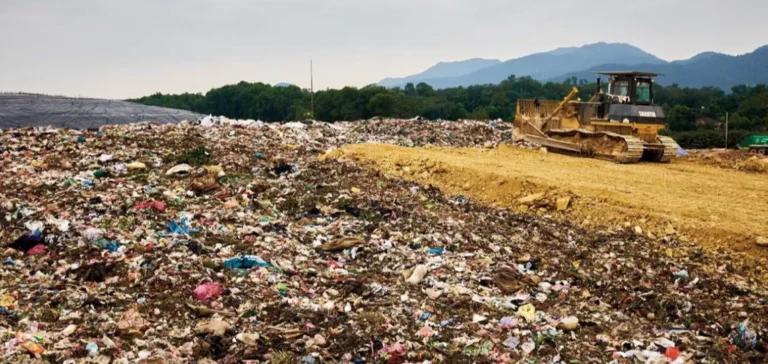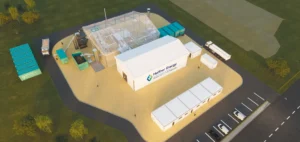China hosted, on August 22, an Indonesian delegation led by Deputy Minister of Energy and Mineral Resources Yuliot Tanjung, during an official visit to the Jiaxing waste-to-energy site. The trip was organised by SUS ENVIRONMENT, a Chinese supplier of incineration technologies, at a time when Indonesia seeks to combine power development with urban waste management.
The Jiaxing project, developed by SUS ENVIRONMENT, relies on three lines of 650-tonne-per-day mechanical incinerators. The facility reports emission levels exceeding European Union 2010 standards. According to company officials, the equipment is designed and manufactured locally through industrial subsidiary Wuxi Fangling, which holds the largest production capacity in Asia for this type of technology.
Industrial capacity and presence in Indonesia
SUS ENVIRONMENT claims more than 300 waste-to-energy plants worldwide equipped with its technology, with a combined capacity exceeding 300,000 tonnes per day. The company also states it invests in 90 low-carbon eco-industrial parks, combining various treatments of solid waste, sludge and food waste.
In Indonesia, the Chinese company won the tender for the Makassar plant, with a daily treatment capacity of 1,300 tonnes. The project, estimated at USD200mn, aims to generate 209mn kilowatt-hours annually. The cooperation agreement was signed in September 2024 with the Makassar city government, and negotiations for the power purchase agreement (PPA) are ongoing.
Site visit and government commitments
During the Jiaxing site visit, the Indonesian delegation received a detailed presentation of the technical systems used, including flue gas and wastewater treatment solutions. Deputy Minister Yuliot Tanjung expressed satisfaction with the observed technical performance and highlighted the relevance of the model for the Indonesian context, marked by rapid urbanisation and solid waste challenges.
The government representative confirmed his ministry’s support for the completion of the Makassar project and expressed the wish to see construction begin before the end of the year. He also took note of the modular production capacity of SUS ENVIRONMENT’s equipment, adapted to the specific needs of the Indonesian market.
Strategic objectives and cooperation prospects
The publication in May of the 2025–2034 Electricity Supply Business Plan (RUPTL) by the Indonesian Ministry of Energy and Mineral Resources renewed national targets for renewable-based power generation. In this framework, waste-to-energy projects are positioned as an industrial lever, with technological partnerships being structured.
According to representatives of SUS ENVIRONMENT, the company will continue expanding its local presence in Indonesia, while maintaining industrial standards in line with international regulations. Indonesia’s strategic orientation towards integrated waste treatment solutions is opening the way for similar cooperation projects in the coming years.






















